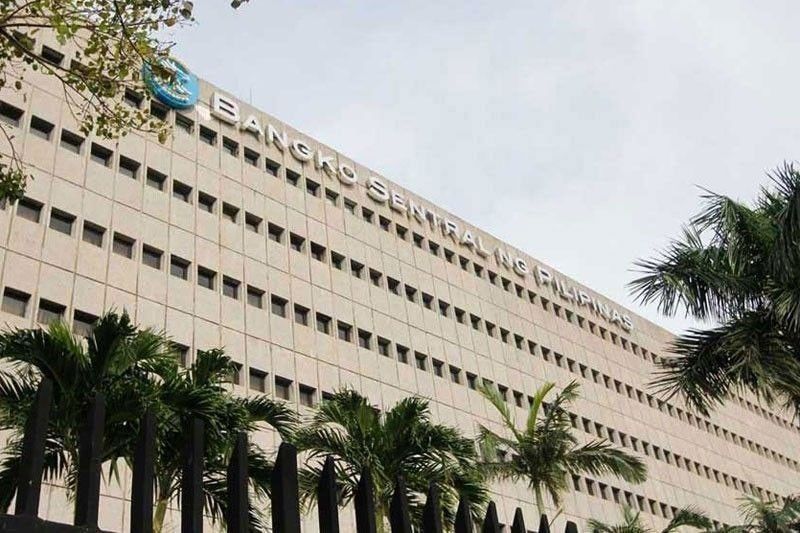Credit rating downgrade ‘highly unlikely’ — Diokno

MANILA, Philippines — A credit rating downgrade is “highly unlikely” for the Philippines despite the country plunging into recession after suffering its worst economic slump on record in the second quarter, the head of the Bangko Sentral ng Pilipinas (BSP) said yesterday.
BSP Governor Benjamin Diokno said international debt watchers such as S&P Global Ratings, Fitch Ratings and Moody’s Investors Services are likely to take into account the country’s strong macroeconomic fundamentals ahead of a possible revision in their sovereign rating and outlook.
Diokno cited the country’s relatively low debt-to-GDP ratio, one of the highest tax effort in the region, benign inflation and well managed inflation expectations, strong peso, hefty gross international reserves (GIR), and well-capitalized banking system with low non-performing loans (NPLs).
“Highly unlikely,” the central bank chief said about the possibility of debt watchers downgrading the country’s investment grade credit rating.
Diokno said S&P, Fitch and Moody’s have downgraded 82 sovereigns and revised to negative outlooks 104 sovereigns from January to June this year amid the COVID-19 pandemic.
“The Philippines is not one them. The rating agencies have affirmed the country’s investment grade rating and outlook,” he said.
In June, the Philippines achieved the much-coveted A grade after Tokyo-based Japan Credit Rating Agency upgraded the country’s credit rating to A-1 from BBB+.
On the other hand, S&P maintained the country’s BBB+ rating or a notch below the A grade, while Moody’s and Fitch affirmed the Baa2 and BBB rating, respectively, both two notches above minimum investment grade.
Authorities on Thursday announced the Philippines officially slipped into recession with a GDP contraction of 16.5 percent in the second quarter, the highest on record since 1981, after shrinking by 0.7 percent in the first quarter.
“The economic managers view the economy’s plunge in the second quarter as temporary resulting from the strict and comprehensive lockdown during the period owing to the coronavirus pandemic,” Diokno said.
This prompted the Development Budget Coordination Committee (DBCC) to revise the projected GDP contraction to 5.5 percent instead of a range of two to 3.4 percent for this year.
The inter-agency body is also now looking at a weaker rebound with a GDP growth of 6.5 to 7.5 percent instead of eight to nine percent next year.
“We should look beyond the current crisis. We should craft a strong economic recovery program accompanied by more structural reforms that would allow the Philippines to rebuild better for the future,” Diokno said.
The economy stalled after Malacañang placed the entire Luzon under enhanced community quarantine in the middle of March to prevent the further spread of the coronavirus.
The lockdown was relaxed starting June as the National Capital Region (NCR) shifted to general community quarantine, only to be reverted back to the stricter modified enhanced community quarantine from Aug. 4 to 18 as COVID-19 cases soared to 120,000.
Diokno on Thursday said the worst was over for the Philippine economy as the sharp drop in GDP in the second quarter was caused by the comprehensive lockdown.
“I believe the worst is behind us. But we’re not out of the woods yet,” Diokno told reporters.
“As we gradually reopen the economy, economic activity has started to pick up. No doubt, given the sharp drop of the economy in Q2, I’m convinced that Q3 will be better than Q2, and that Q4 will be much better than Q3,” Diokno said.
Michael Ricafort, chief economist at Rizal Commercial Banking Corp., said the positive credit rating fundamentally reflect the improved economic and credit fundamentals of the Philippines that may help attract more foreign investments into the country.
He said higher investments would help the recovery of manufacturing, exports, imports, and other parts of the economy from COVID-19 lockdowns, as sign of the country’s resilience amid the economic challenges presented by the pandemic that caused credit rating downgrades in some countries around the world.
- Latest
- Trending



























